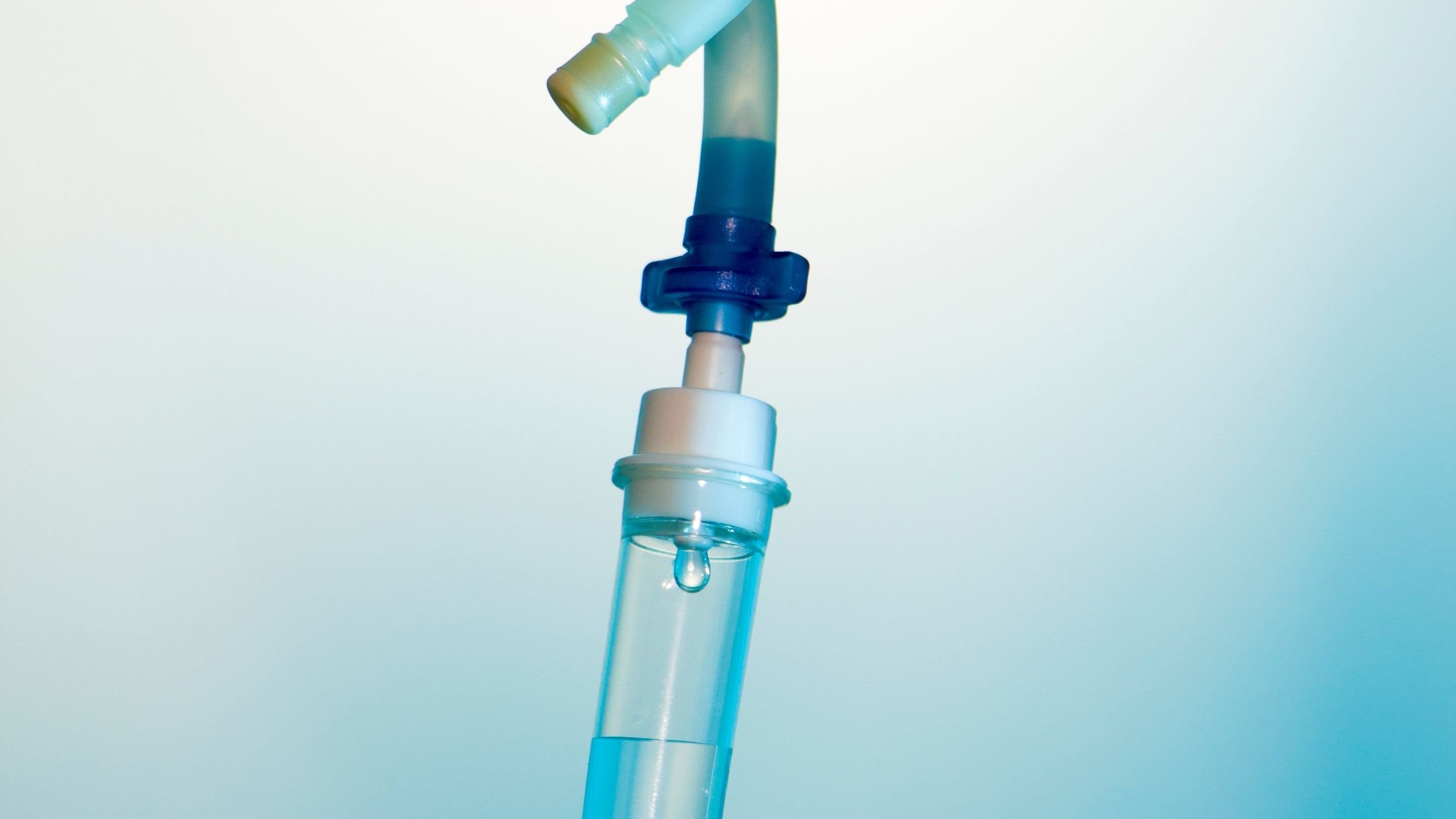Alpha Lipoic Acid Application

Alpha lipoic acid is an antioxidant naturally formed in the body and found in all somatic cells. On a cellular basis, it is used to break down carbohydrates and obtain energy. It can be taken from outside through foods such as red meat, carrots, beets, spinach, broccoli and potatoes. It can also be supplemented to the body using certain methods.
Diseases and conditions that are supported by the application of Antalya Alpha Lipoic Acid are listed below:
- • In providing protection in the brain
- • In the treatment of some liver diseases
- • In the treatment of nerve pain in diabetic patients
- • In the treatment of obesity
- • To keep high cholesterol under control
- • It is used in aesthetic rejuvenation and fat burning procedures
Alpha Lipoic Acid is an antioxidant made by the body. It is present in every cell as it helps convert glucose into energy. Antioxidants, increased by the application of Antalya Alpha Lipoic Acid, attack free radicals, which are waste products formed when the body converts food into energy. Free radicals are harmful chemicals that need to be removed from the body as soon as possible because they cause harmful chemical reactions that can damage cells, making it difficult for the body to fight infections and damaging organs and tissues.
Alpha Lipoic Acid is soluble in both oil and water due to its structure. This means it can work anywhere in the body. Antioxidants in the body are depleted as they attack free radicals. But when looking at the evidence, it shows that Alpha Lipoic Acid can significantly help regenerate these other antioxidants.
Alpha Lipoic Acid Administration and Diabetes Many studies show that alpha lipoic acid helps lower blood sugar levels. The ability of this acid to kill free radicals can help patients with diabetic peripheral neuropathy who complains of pain, burning, itching, tingling, and numbness in their arms and legs from nerve damage. Researchers believe that alpha lipoic acid helps to increase insulin sensitivity, and many active studies are ongoing on this subject.
Alpha lipoic acid administration has been used successfully for years in Germany to treat peripheral neuropathy. However, the point to be noted is that this application is loaded with alpha lipoic acid via intravenous (IV), that is, serum. It has not been confirmed that oral alpha lipoic acid pills will be successful in treatment.
In addition, with this application, studies are carried out on the treatment of diabetes, which is called autonomic neuropathy, which affects the nerves and internal organs, and as a result of the studies, it is observed that the symptoms are reduced after this application. However, a definite scientific result has not yet been obtained.
Studies on Alpha Lipoic Acid Application
Since Alpha Lipoic Acid can easily pass into the brain, research is being conducted to help protect the brain and nerve tissue. Researchers continue to work with the administration of alpha lipoic acid to obtain a potential treatment for stroke and other brain problems, including dementia, including free radical damage.
When preliminary studies are reviewed, they suggest that alpha lipoic acid may significantly help treat glaucoma. Success with the application of alpha lipoic acid in the treatment of thishelp treat glaucoma. Success with the application of alpha lipoic acid in the treatment of this disease, known as glaucoma, will change the course of the impact of this highly prevalent disease on society.
In anti-aging studies, it has been determined that a cream containing 5% lipoic acid helps reduce fine lines caused by the sun.
Also, studies show that alpha lipoic acid binds with toxic metals such as arsenic, iron, and other metals that act as free radicals. It is thought that it will be effective in increasing the treatment rate in cases such as the presence of heavy metals in the body and metal poisoning.
Another study shows that the administration of alpha lipoic acid can manage other conditions such as erectile dysfunction and cancer. With this application, it seems possible to break new ground in cancer treatment in the near future.
Finally, a study on the ear and hearing systems showed that infections and complications that may occur in the middle ear can be treated with this application.
Antalya alpha lipoic acid application is used as a healthy alternative for people who want to lose weight because of all these medical studies and positive results, as well as being a fat- burning antioxidant. A healthy body will produce enough alpha lipoic acid. In case of deficiency, it is possible to compensate this deficiency with offal, red meat and some root crops and beer.
In the bodies where the deficiency is high, the possibility of encountering conditions such as weight gain and obesity increases as the rate of fat burning will decrease. In such cases, external alpha lipoic acid supplementation will provide long-term and healthy weight loss in patients.
Use of Alpha Lipoic Acid Alpha lipoic acid application is carried out in 3 ways:
- • In capsules
- • Via serum
- • By direct injection by your doctor.
Positive and rapid results are generally obtained with serum or injection applications.
There are no studies on children with alpha lipoic acid administration, so it is not recommended for pediatric use. For adult use, however, the attending physician should recommend a certain dosage, taking into account the body structure and needs of the patient.
Studies continue on the consumption of capsules, serum or injections with food, and there is currently no consensus on this issue.
The use of alpha lipoic acid has not been studied in pregnant or breastfeeding women, so there is no consensus on whether this practice is safe for these individuals.
Side Effects of Using Alpha Lipoic
Acid Alpha lipoic acid administration usually shows rare and mild side effects. The most common side effects:
- • Insomnia
- • Tiredness
- • Diarrhea and
- • Observed as skin rashes.
Alpha lipoic acid may combine with diabetes medications to lower blood sugar levels, increasing the risk of hypoglycemia or low blood sugar.
In addition, its use is not recommended due to the possibility of reducing the level of thiamine in vitamin B1 (Thiamine) deficiency in the body, which occurs with long-term alcohol use.
Would you like to meet our team?
Contact us for all your questions, opinions, suggestions and complaints





